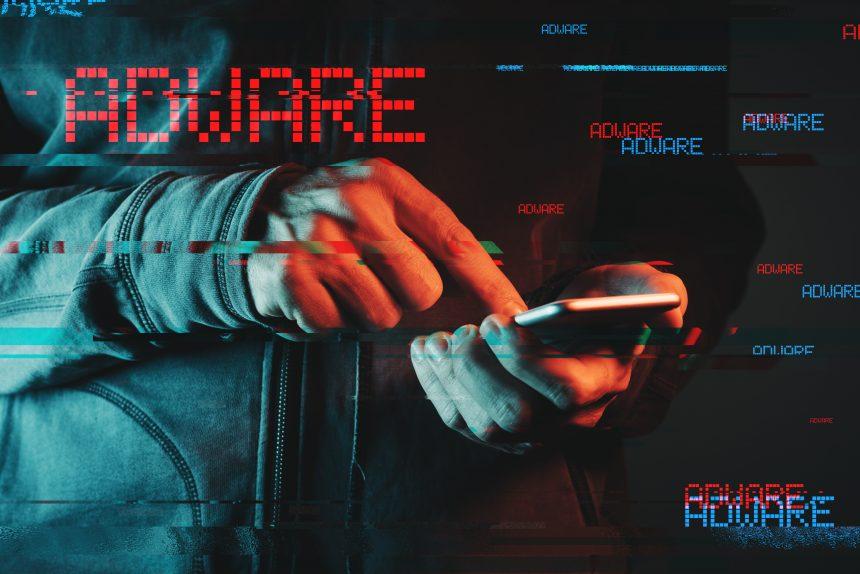Adware is a form of malware that infiltrates computers with the primary objective of displaying unwanted advertisements. Unlike other malicious software that aims to steal data or cause damage, adware focuses on generating revenue for its developers through intrusive ads. These ads can range from pop-ups and banners to redirecting web traffic to sponsored sites. While adware may seem harmless compared to other types of malware, it can significantly degrade the performance of an infected system, lead to privacy issues, and expose users to more severe threats.
NodeResolution Adware
NodeResolution is a specific adware threat that has been causing disruptions for many users. This adware promotes various websites and scams, often leading to questionable and potentially dangerous content. Commonly, NodeResolution displays ads for fake software updates, misleading tech support, and other dubious services. The ads are designed to look legitimate, tricking users into clicking on them and potentially downloading more harmful software.
How NodeResolution Functions
NodeResolution typically gets installed on users’ computers through bundled software downloads. Users may inadvertently install this adware when downloading free software from the internet, not realizing that additional programs, like NodeResolution, are included in the installation package. Once installed, NodeResolution integrates into the web browsers, altering their settings to inject ads and redirect traffic to promoted websites.
The detrimental consequences of NodeResolution include:
- Sluggish System Performance: The adware consumes significant system resources, slowing down the computer.
- Privacy Risks: By tracking browsing habits, NodeResolution can collect sensitive information, leading to potential privacy breaches.
- Exposure to More Malware: Clicking on ads served by NodeResolution can lead to the download of additional malicious software.
Purpose and Threat of NodeResolution
The primary purpose of NodeResolution is to generate revenue through ad displays and redirects. It infiltrates systems by piggybacking on legitimate software downloads or through deceptive online ads that prompt users to install it, thinking it is a necessary update or tool.
Once installed, NodeResolution poses several threats:
- To the System: It can degrade system performance, cause crashes, and consume valuable resources.
- To the Individual: It compromises personal information, leading to privacy concerns and potential identity theft.
Adware, like NodeResolution, differs from browser hijackers in that its primary goal is to display ads rather than completely take over the browser. However, both can alter browser settings and redirect users to unwanted sites.
Detection Names for NodeResolution
Different anti-malware programs may detect NodeResolution under various names. Some common detection names include:
- Adware.NodeResolution
- Adware.Generic
- PUP.Optional.NodeResolution
- Adware:Win32/NodeResolution
Similar Threats
Users should also be aware of other similar threats, including:
- Adware.Elex: Known for redirecting searches and displaying ads.
- Adware.Yontoo: Installs toolbars and tracks browsing habits.
- Adware.Ghokswa: Modifies browser settings to display ads and redirects.
Comprehensive Removal Guide
- Uninstall Suspicious Programs:
- Open the Control Panel and navigate to “Programs and Features.”
- Look for any unfamiliar or recently installed programs.
- Select the suspicious program and click “Uninstall.”
- Remove Browser Extensions:
- Open your web browser and access the extensions/add-ons menu.
- Look for any extensions related to NodeResolution or other unfamiliar names.
- Remove these extensions.
- Reset Browser Settings:
- For Chrome: Go to “Settings” > “Advanced” > “Reset and clean up” > “Restore settings to their original defaults.”
- For Firefox: Go to “Help” > “Troubleshooting Information” > “Refresh Firefox.”
- For Edge: Go to “Settings” > “Reset settings” > “Restore settings to their default values.”
- Use Anti-Malware Software:
- Download and install a reputable anti-malware tool, such as SpyHunter.
- Run a full system scan to detect and remove any remaining traces of NodeResolution.
- Follow the prompts to delete any detected threats.
- Manual File Removal (Advanced Users):
- Open Task Manager and look for suspicious processes. End any processes related to NodeResolution.
- Navigate to the system files (C:\Program Files, C:\Program Files (x86), C:\Users[Your User]\AppData) and delete any folders or files associated with NodeResolution.
Preventing Future Infections
- Download from Trusted Sources: Only download software from reputable websites.
- Read Installation Screens: Pay close attention to installation prompts and opt out of any additional software.
- Use Anti-Malware Software: Keep your anti-malware software updated and run regular scans.





